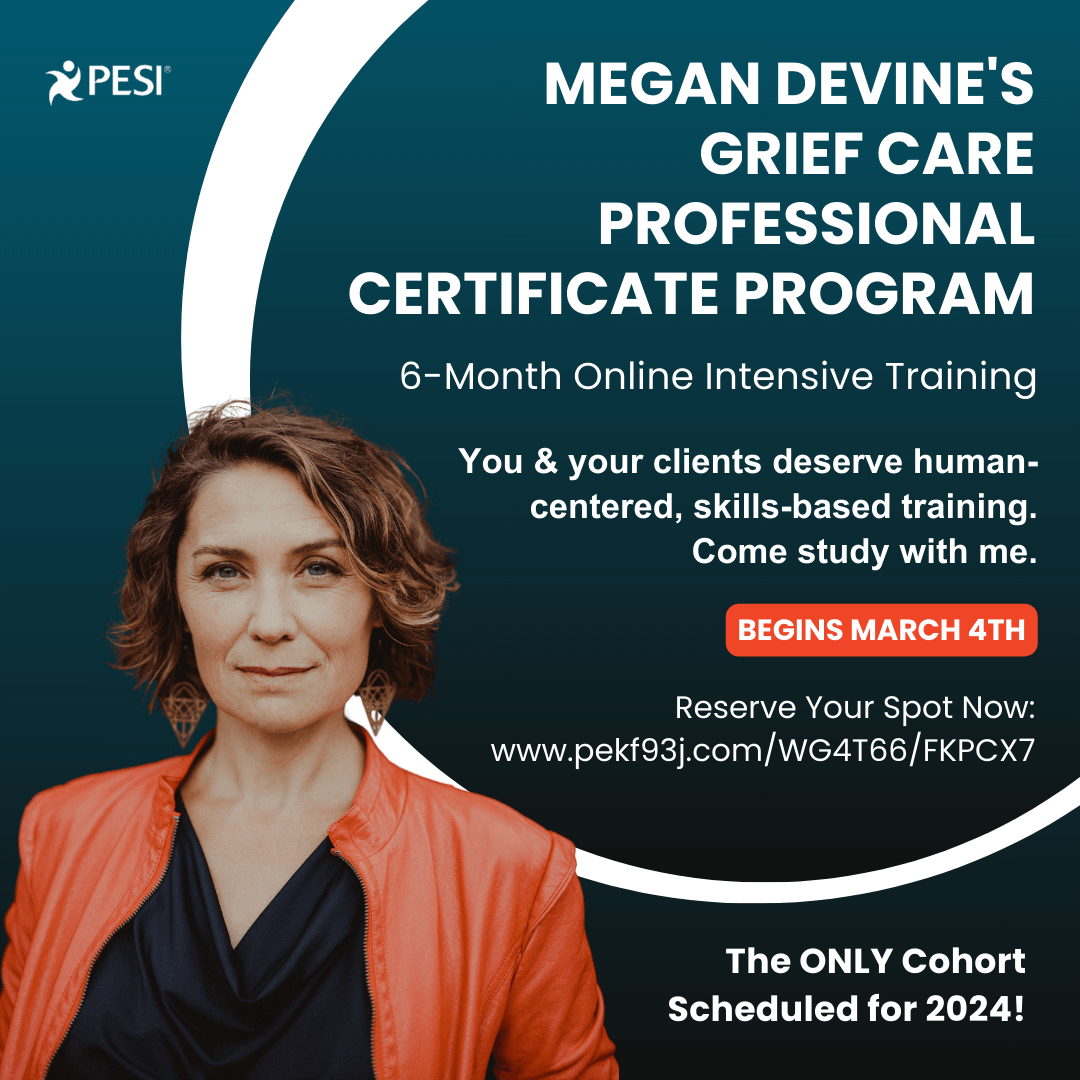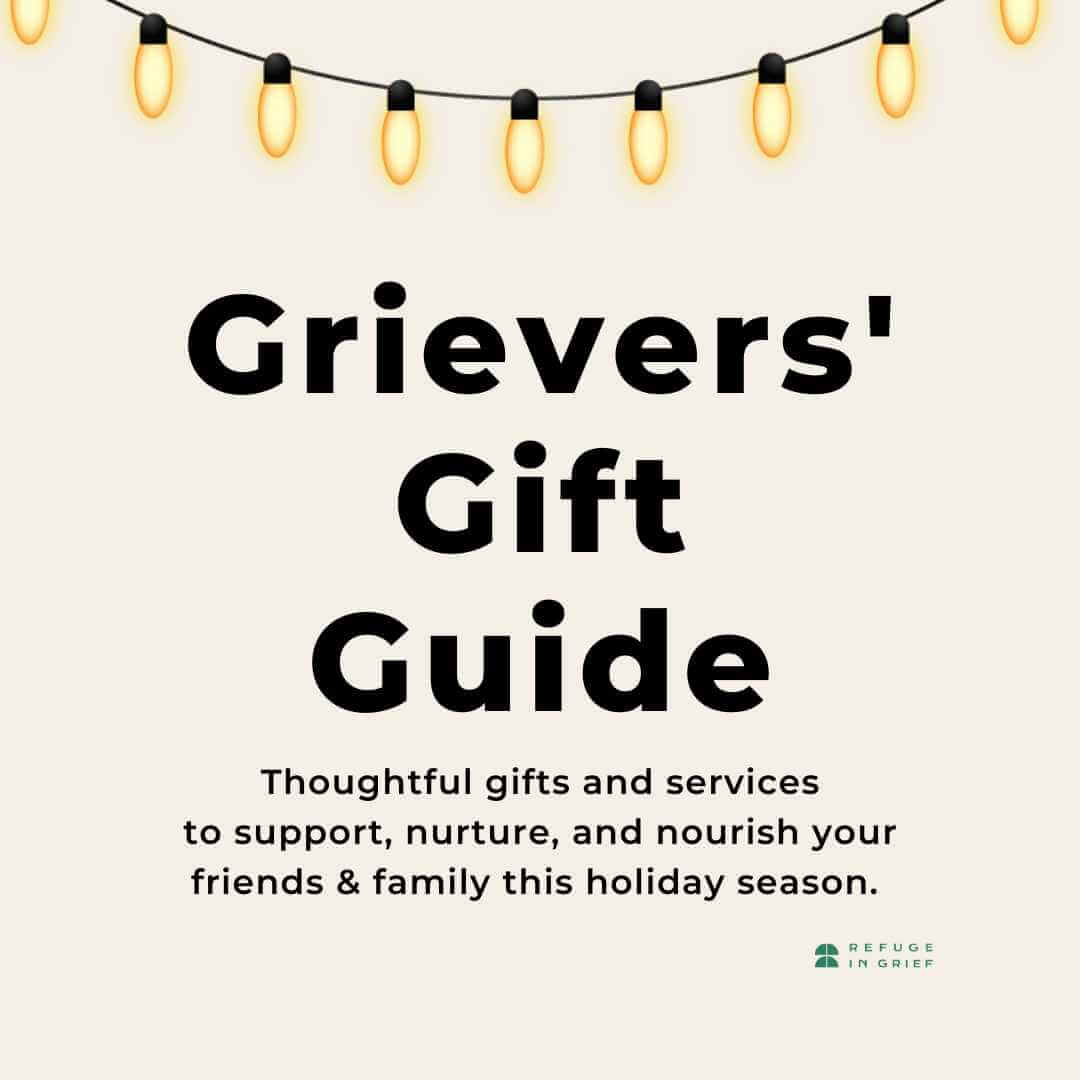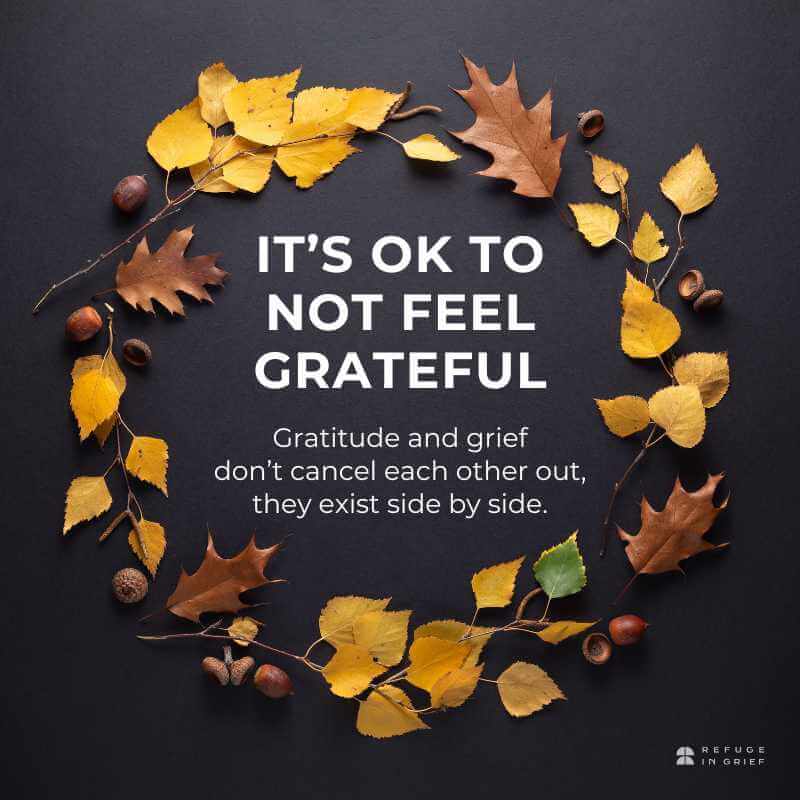Suicide Awareness Day is Every Day
So it’s National Suicide Awareness Day, and y’all know how I feel about these arbitrary “pay attention today, forget it tomorrow” events. HOWEVER.
A whole lot of our RIG community is here because someone they love died by suicide. Suicide – why it happens, how to stop it, how to survive if your person dies by suicide – is one of the main issues I’m asked to speak on in the media world.
Here’s the thing – our rising suicide rates have a whole lot to do with how we talk about grief.
In my book, It’s OK that You’re Not OK, I talk about epidemics of unspoken grief. Increasing suicide rates, addiction, social isolation, and a host of other community ills all have one thing in common: lots of people are in pain, and we don’t know how to talk about it.
We don’t know how to talk about grief in ways that support and affirm the griever. That’s changing, sure. The Grief Revolution is a huge part of that. But we’ve got a long way to go in our quest to normalize grief.
Discussions about suicide have to include discussions on the ways we relate to pain – otherwise we’re just going to keep going in circles.
And one more important note on this incredibly complex issue that can’t be addressed in one post – there’s a whole world of guilt and shame loaded on people who lost someone to suicide: as if THEY didn’t try hard enough to get help for their person. As if they weren’t welcoming and supportive enough. As if they didn’t try everything they could to save their person. Even though they tried again and again and again. Sometimes that guilt and shame is internal, sometimes it’s judgment from the outside world. How we talk about pain matters here, too.
Being human is hard.
So what can you do when someone you know is depressed? Don’t try to cheer them up. Check out this article from The New York Times for guidance.
Grief is really rough. It takes a toll on your mind, your body, your relationships – everything. Feeling like you’d rather not wake up in the morning is very different than thinking about actually harming or killing yourself. Please. If your pain is too great, reach out for help. There are people who have been where you are.
If you are in crisis, call the U.S. National Suicide Prevention Lifeline, a free, 24-hour hotline, at 1.800.273.8255. If your issue is an emergency, call 911 or go to your nearest emergency room. Additional helplines – including those outside of the US – can be found here. The content and comments sections on Refuge in Grief are not a substitute for compassionate, skilled care in your chosen communities. For more on the limits to the service we provide, please read our safety page, here.
 We’ve got a long way to go to get the entire culture up to speed on the realities of grief. Our Patreon community is helping to shift the cultural conversation, and we’d love to have you. Patrons get all the videos, audio interviews, meditations – and the inside scoop – before anyone else. Pop over to the home of the Grief Revolution to join us.
We’ve got a long way to go to get the entire culture up to speed on the realities of grief. Our Patreon community is helping to shift the cultural conversation, and we’d love to have you. Patrons get all the videos, audio interviews, meditations – and the inside scoop – before anyone else. Pop over to the home of the Grief Revolution to join us.


